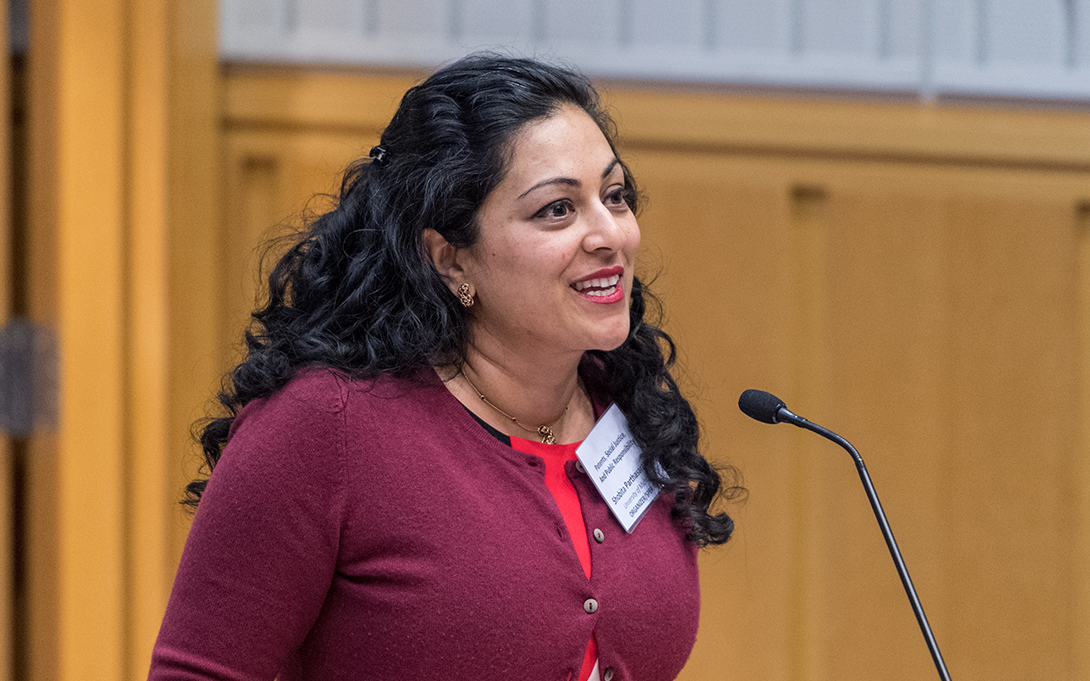
As stay-at-home orders expire across the United States, a reliance on antibody testing seems to be a key element of keeping people safe and avoiding a resurgence of COVID-19. Antibody testing is being touted as a way to know whether locked-down communities are reopening safely. Some view these tests as a way individuals can understand their risk in re-entering society, and when used routinely, a tool for businesses, schools, and the like to determine whether they are keeping their workers and their visitors healthy.
But in an article Chemical and Engineering News on May 28, quotes Shobita Parthasarathy, Ford School professor of public policy and director of Science, Technology, and Public Policy (STPP) Program says the scale of tests needed, and the scope of their use in social and economic decision-making could be ethically and logistically messy. “The bottom line is that there is so much demand,” she says about workplace testing, “from universities, from prisons, from employers, from small businesses, and large businesses and schools.”
Performing widespread testing would be taking clinical measurements, like the presence or absence of antibodies to SARS-CoV-2, and using them to promote personal behavior and policy decisions affecting millions of people. Parthasarathy says it’s a lot of pressure to put on a simple test. After all, the tests can’t tell us how well we responded to the virus, or whether those antibodies will keep us from getting reinfected. And some of the tests have not been reliable, calling into question whether the results can even be trusted.
“We’re now putting a lot of burden on tests and expecting them to play a kind of social role that we’ve never expected tests to perform before, ” she says.
“You have an infinite number of people making individual decisions, and they are all slightly different,” Parthasarathy says. “We don’t seem to be learning that that is not a good approach.”
You can read the full article here.
Shobita Parthasarathy is a professor of public policy. Her research focuses on the comparative and international politics and policy related to science and technology. She is interested in how to develop innovation, and innovation policy, to better achieve public interest and social justice goals. Much of her previous work has focused on the governance of emerging science and technology, particularly those that have uncertain environmental, social, ethical, political, and health implications. She is the author of multiple articles and two books: Building Genetic Medicine: Breast Cancer, Technology, and the Comparative Politics of Health Care (MIT Press 2007; paperback 2012); and Patent Politics: Life Forms, Markets, and the Public Interest in the United States and Europe (University of Chicago Press, 2017). Parthasarathy has participated in innovation policy discussions in both the U.S. and Europe; most notably, her work influenced the 2013 U.S. Supreme Court case challenging the patentability of human genes. Her new research project focuses on the political machineries that shape the development and decision-making related to technologies for the poor, with a focus on India. She received her undergraduate degree from the University of Chicago and master's and PhD from Cornell University.
More news from the Ford School